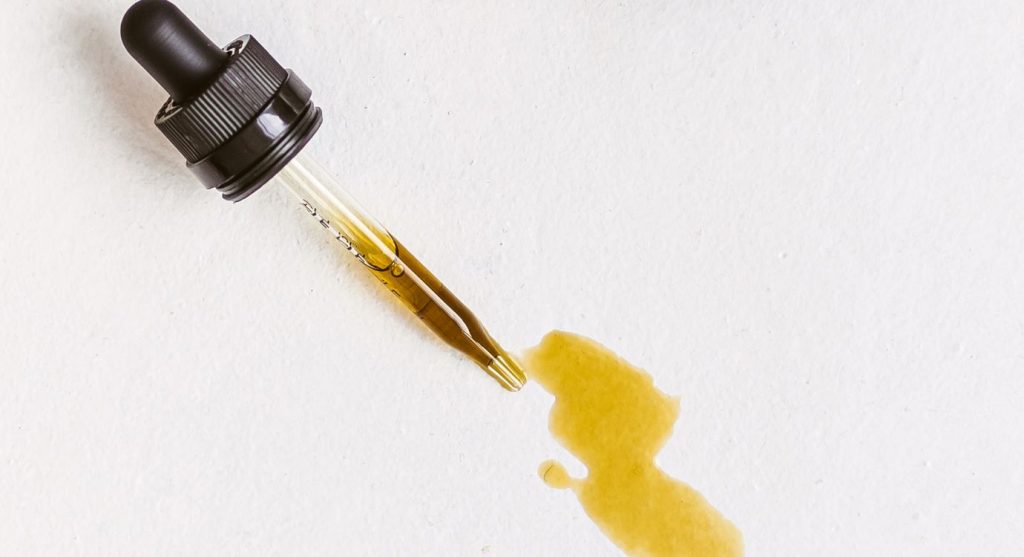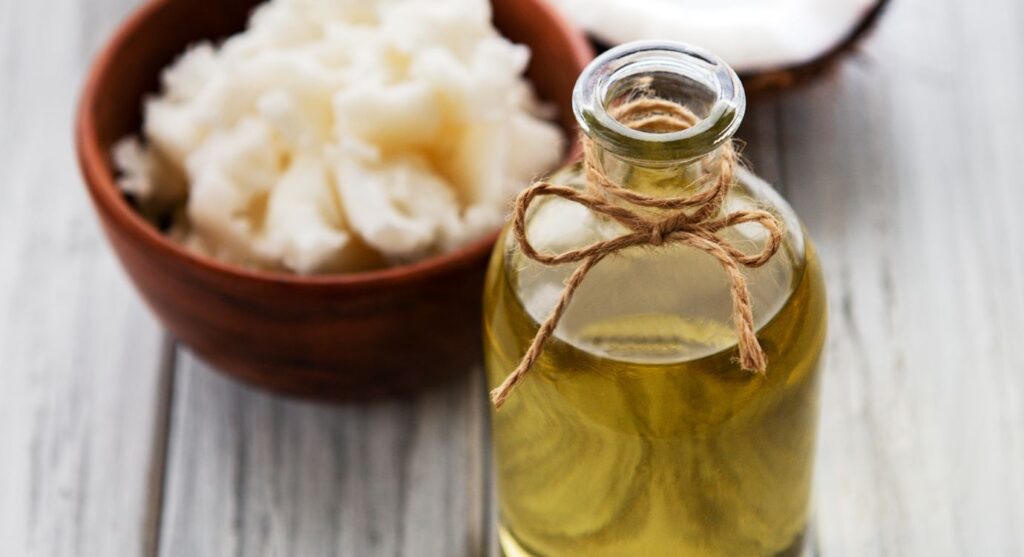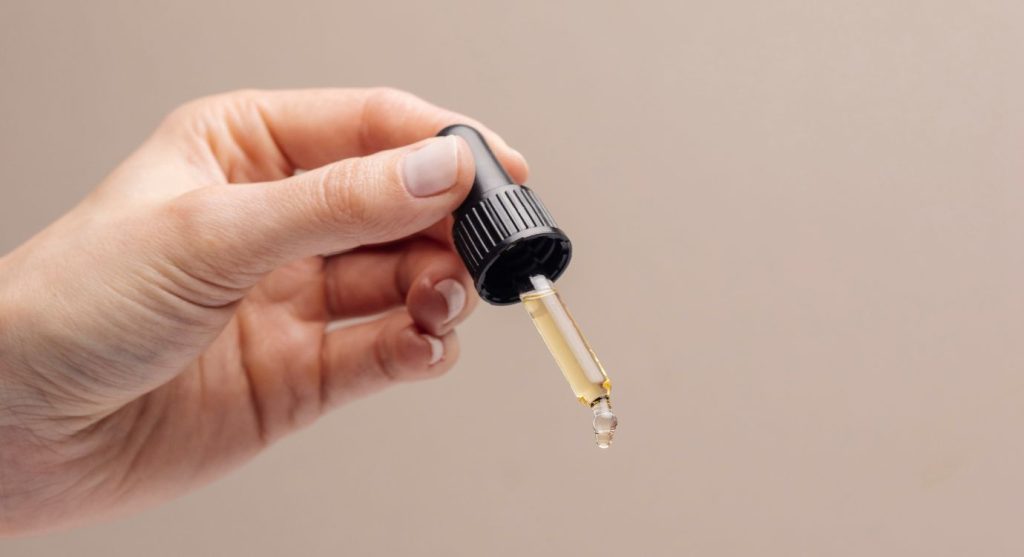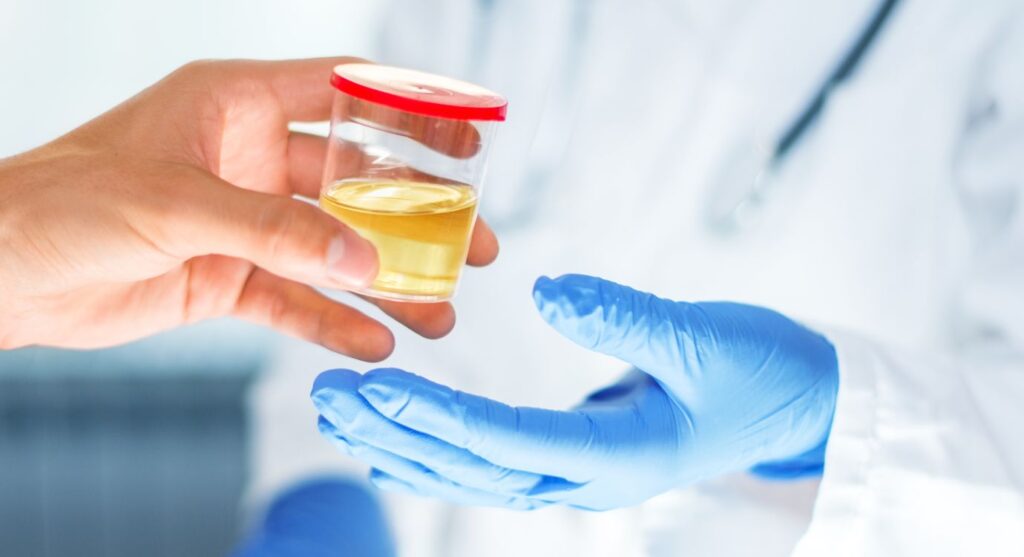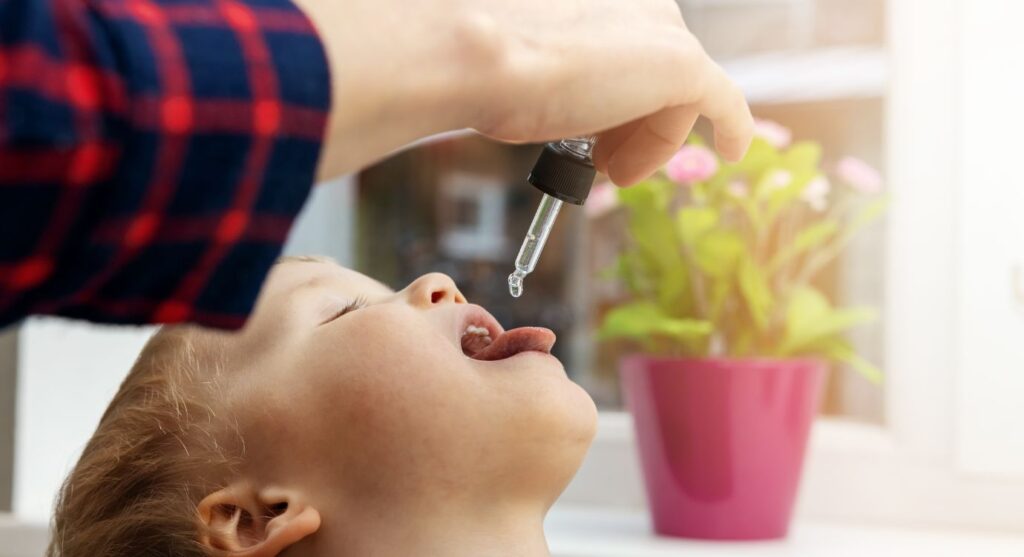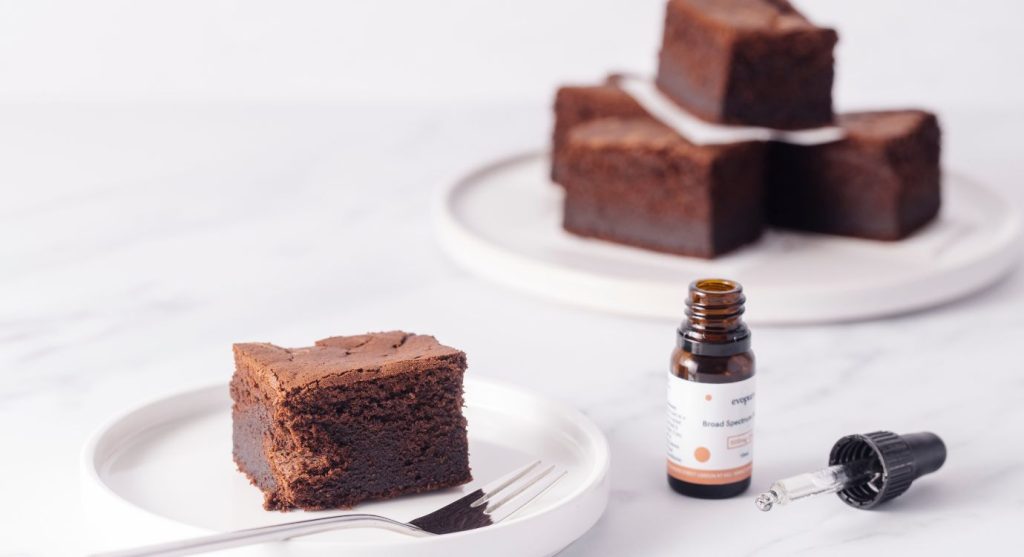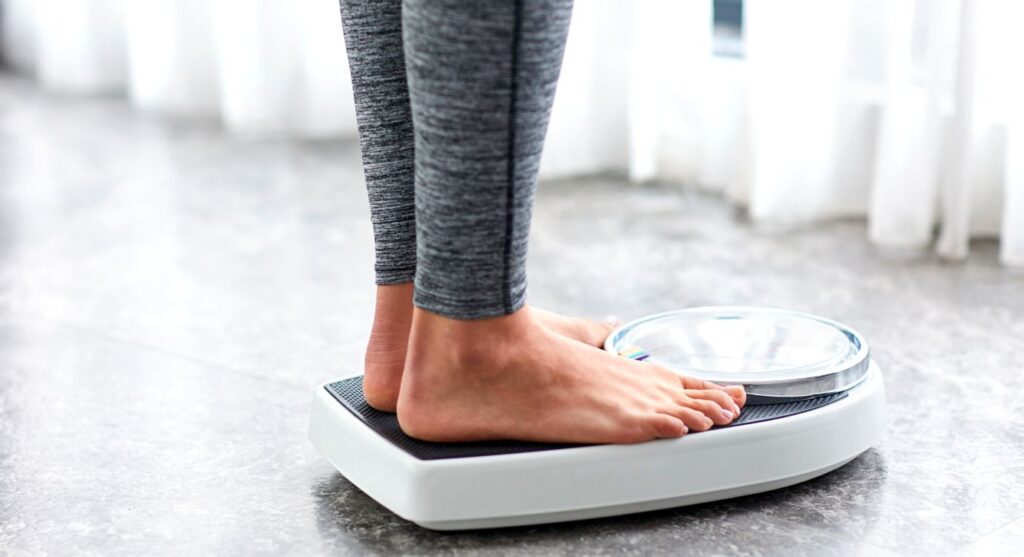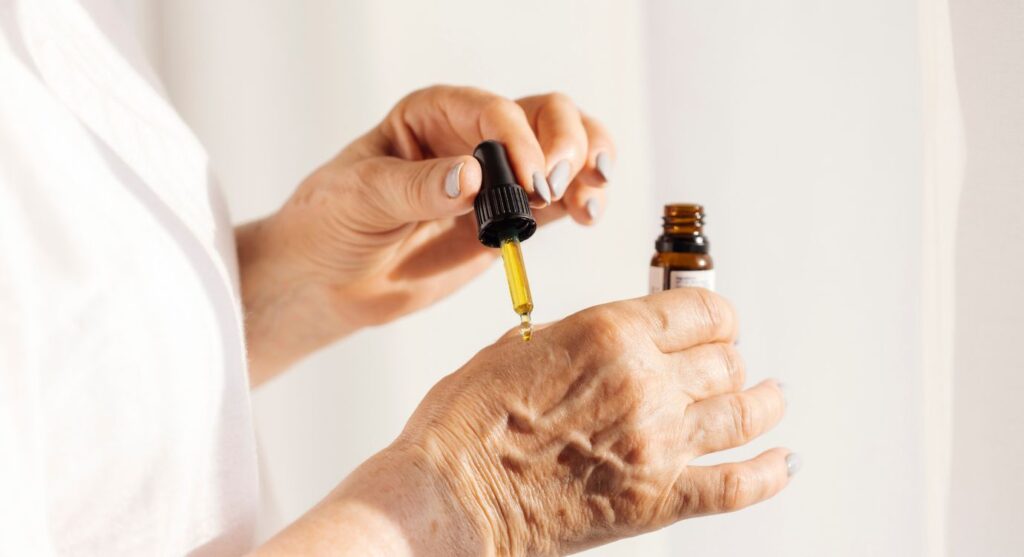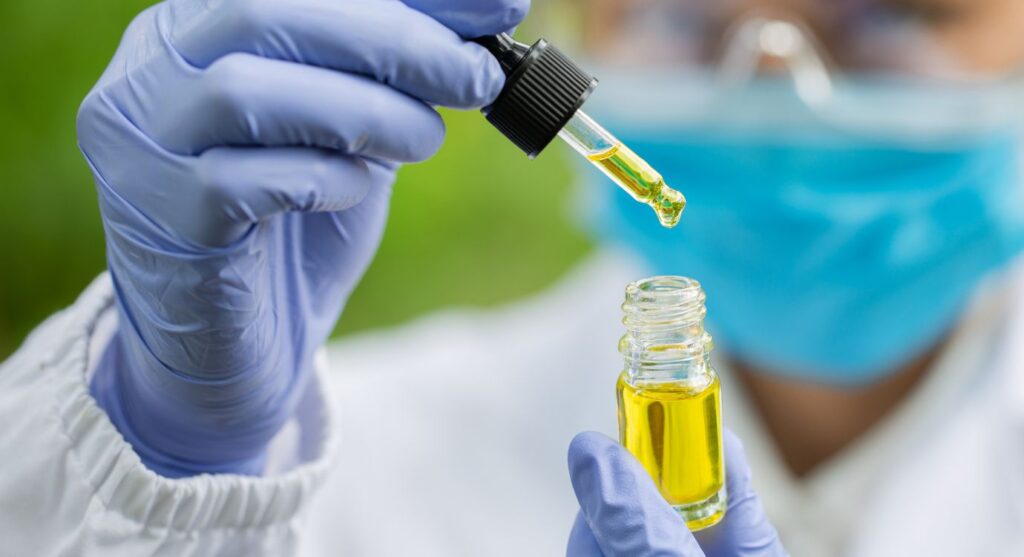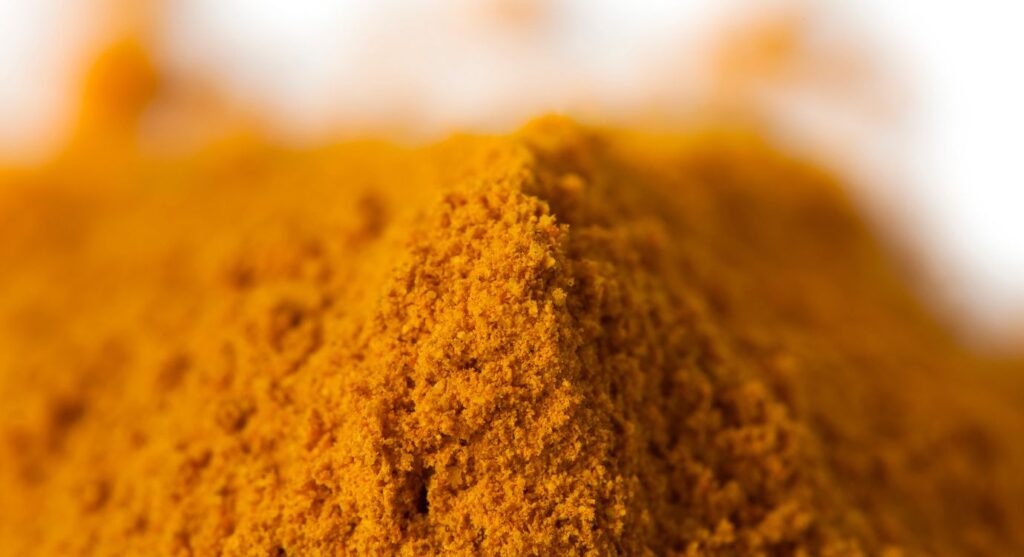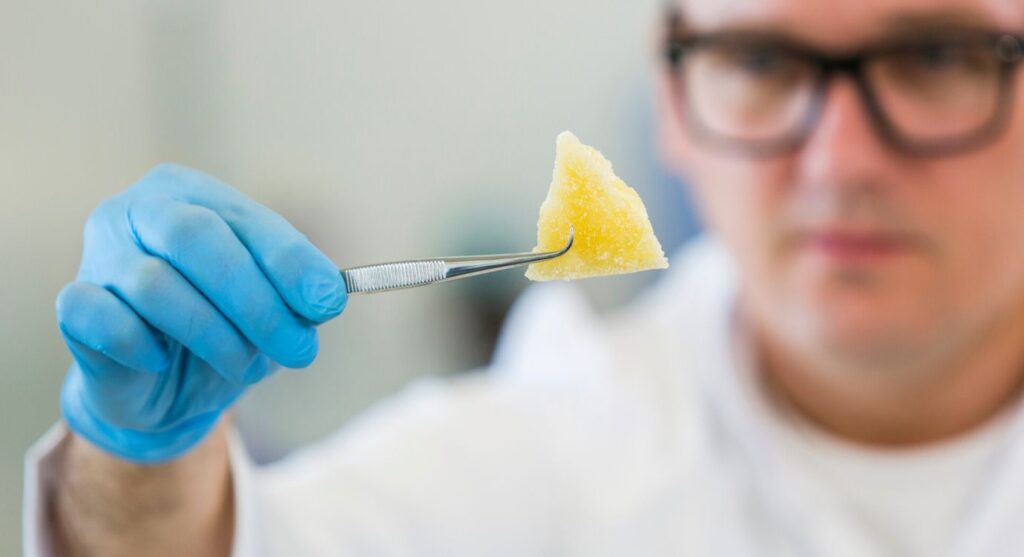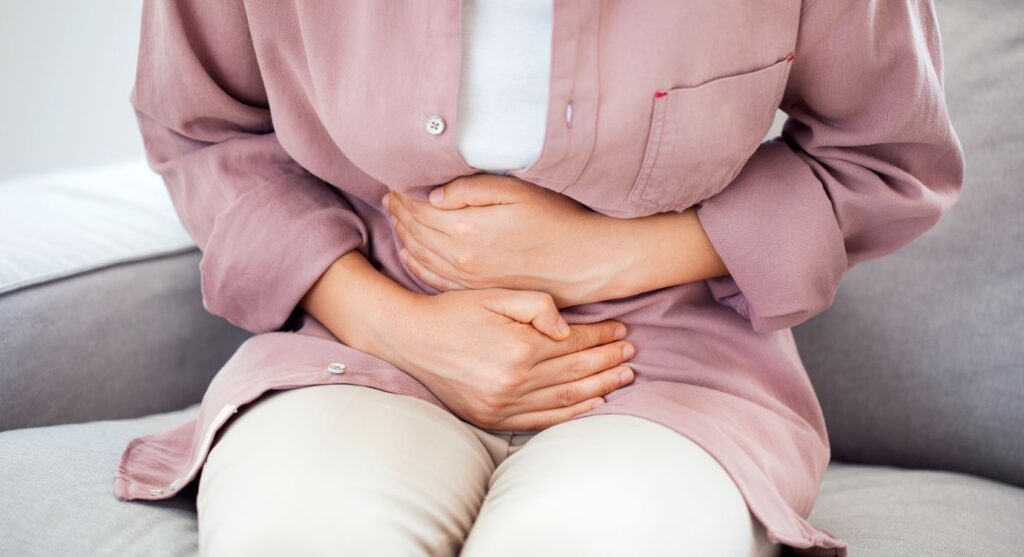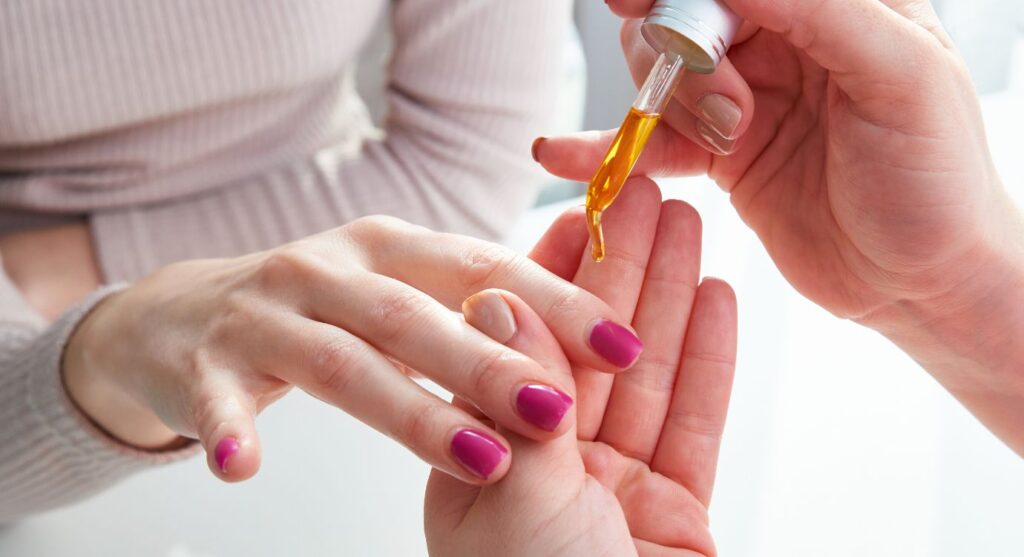Anyone who has ever suffered PMS will know it’s not all that fun. From mood swings to feeling anxious and trouble sleeping to stomach pain, spotty skin and greasy hair, PMS can be a whole journey for people who menstruate.
While PMS is often seen as something women must simply “live with”, it’s not so easy for some. Around 80-90% of women experience the symptoms of PMS in reproductive age, with between 3-8% of those women experiencing severe symptoms.
So, is there anything that might help relieve symptoms of PMS? Is magnesium a wonder mineral, and can it actually help?
This article will cover everything you need to know about magnesium for PMS, including:
- Does magnesium work for PMS?
- Which magnesium is best for hormones?
- How much magnesium to take for PMS?
Let’s take a look.
In this guide:
Is magnesium good for PMS?
It’s the million-dollar question – and luckily, it’s one we can answer with a resounding yes. Magnesium is thought to help alleviate several PMS symptoms.
But why?
Well, magnesium has an important role to play in hormonal regulation.
As it is present and required for more than 300 biochemical processes in the body, a lack of magnesium (i.e., a magnesium deficiency) can lead to many unpleasant symptoms and worsened experiences of natural hormonal cycles.
One literature review looked at multiple studies into magnesium in gynaecological practices and concluded there is “an important role for magnesium for the prevention and the treatment of several conditions relevant to women’s health.”
Read more: 7 magnesium benefits for women


The benefits of using magnesium for PMS
So, what are the benefits of using magnesium for PMS? Which symptoms can magnesium supplementation likely improve or even negate?
Magnesium for period cramps
Magnesium can reduce the pain and discomfort of menstrual cramps in two key ways. Firstly, the mineral relaxes spasming uterine muscles.
It also reduces the body’s production of prostaglandins – hormone-like chemicals which cause the pain and inflammation we know as period pain.
Several studies support the use of magnesium for period cramps.
One study looked at the effect of magnesium on various PMS symptoms, including period cramps, and found that of all variables considered, the combination of Mg and vitamin B6 was more effective than Mg and placebo in decreasing the PMS symptoms.
So, as well as magnesium being effective in treating cramps, there’s also evidence to support the value of adding a B6 supplement to wellness routines to ease PMS symptoms.
Read more: Magnesium for muscle pain
Magnesium for hormonal mood changes
Emotions all over the place? Sad, irritable, and not sure why? PMS can wreak havoc with your mood and your ability to regulate it.
Increasingly, evidence supports the notion that magnesium can help reduce the severity of mood swings during PMS.
One study observed women between 18 and 45 years old over three months. The women were given a modified-release magnesium tablet over three menstrual cycles and asked to fill in questionnaires describing their experiences of PMS symptoms during this period.
Women in both the depression subgroup (who had reported symptoms of “depression and isolation, avoiding social activities, crying, dejection, inclination to remain at home, anger, forgetfulness, insomnia, and inability to concentrate”); as well as women in the anxiety subgroup (who had reported “signs of nervous tension, irritability, and anxiety”) reported a reduction in symptoms following daily magnesium supplementation.
Read more: Magnesium for anxiety
Magnesium for menstrual migraines
Increasing evidence proves an established link between magnesium and menstrual migraines. PMS headaches are incredibly common: one study puts their frequency as high as 60%-70%. As such, most women suffer from increased headaches and migraines when menstruating.
So what does the research around magnesium indicate? In a 2002 study, researchers evaluated 270 women at a headache clinic and found a strong relationship between magnesium deficiency and the onset of menstrual migraines.
Further studies have looked at magnesium as a preventative tool in menstrual migraines. They found that participants experienced less frequent headaches when on their period if they had been taking magnesium beforehand.


What type of magnesium is best for PMS?
Three forms of magnesium are most recommended for PMS: magnesium glycinate, magnesium l-threonate, and magnesium citrate. Let’s take a quick look at each.
Magnesium citrate for PMS
Magnesium citrate is an ionic compound. As the name suggests, the mineral is a fusion of magnesium and citrate.
Magnesium citrate is a great choice for anyone looking to address a magnesium deficiency; a body of research backs its efficacy, and it’s highly bioavailable, meaning it’s easy for your body to absorb.
Magnesium L-threonate for PMS
Magnesium L-threonate is another highly bioavailable form of magnesium. The compound is made by mixing threonic acid (which comes from the breakdown of vitamin C) with magnesium.
Notably, magnesium L-threonate is the only form of magnesium capable of crossing the blood-brain barrier and is, therefore, the type of magnesium most associated with a potential to reduce risks of age and memory-related disorders, such as Alzheimer’s, but also psychological conditions such as depression.
As such, magnesium L-threonate (or a blend of L-threonate and another form of magnesium) is a good choice for women suffering from PMS’s psychological effects.
Magnesium glycinate for PMS
Magnesium glycinate is another excellent option for women looking to relieve PMS symptoms. The combination of magnesium and glycine is well known as an anxiety reliever and can help promote better sleep.
Magnesium glycinate is also thought to normalise the actions of different hormones in the nervous system, making it a prime candidate for use for PMS.
10% off on your first order
Complete this one-minute quiz and find the right products for you.
How much magnesium should I take for PMS?
No specific magnesium doses are thought to be optimal for reducing PMS symptoms. However, most research looking at PMS and magnesium has seen participants take daily supplements of between 300mg and 400mg of magnesium daily.
With magnesium, several factors will be relevant in determining the right dosage for you. Gender, age (with older people thought to need more than younger people), and weight should all be factored in.
Regardless, taking at most 400mg of magnesium supplements per day is highly advisable. This is the measure deemed safe according to the NHS, which advises that taking 400mg or less a day from supplements is unlikely to cause any harm.
Always speak to a medical professional about dosages before taking any supplement, including magnesium. A doctor, nurse, or pharmacist can advise on a dosage that is right and safe for you and ensure that magnesium is the right choice for your circumstances.
Frequently asked questions:
Does magnesium help with PMS mood swings?
Yes, research increasingly supports the notion that magnesium can help reduce the severity of mood swings during PMS.
Which magnesium is best for hormones?
Any highly-bioavailable magnesium works well for hormones. Magnesium citrate, magnesium L-threonate and magnesium glycinate are all good options.
Final thoughts on magnesium for PMS
To sum up, magnesium can be a valuable mineral in supporting women’s health.
As well as supporting women through menopause, magnesium can help alleviate some of the many symptoms of premenstrual syndrome – from period cramps to mood changes to menstrual migraines.
If magnesium might be helpful to you, the next best step is to speak to a medical professional – a nurse, GP, or pharmacist. They will be able to advise you best on dosage and ensure you are consuming magnesium safely and beneficially.





